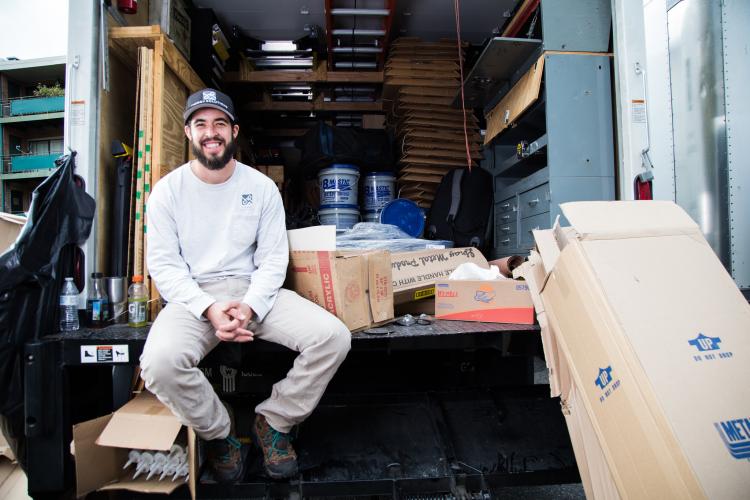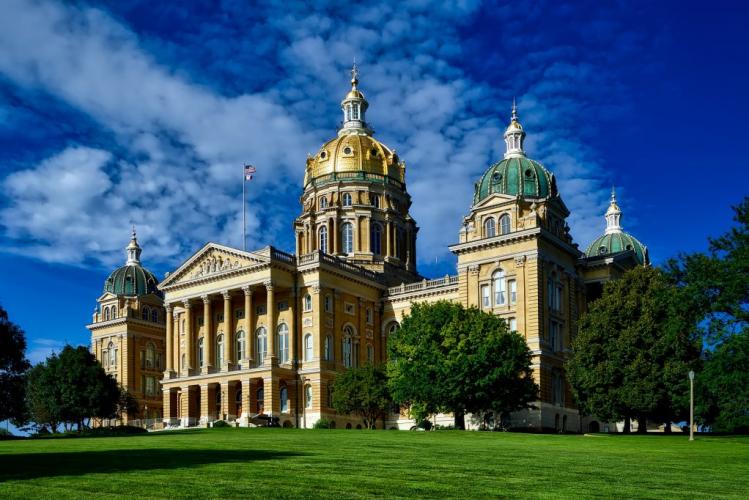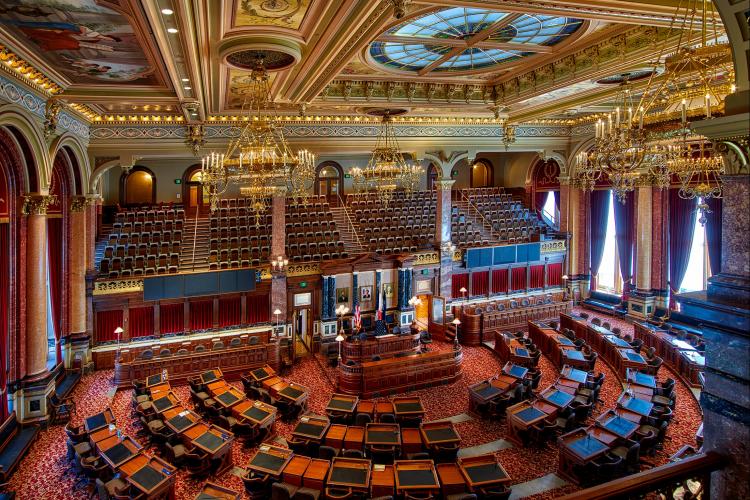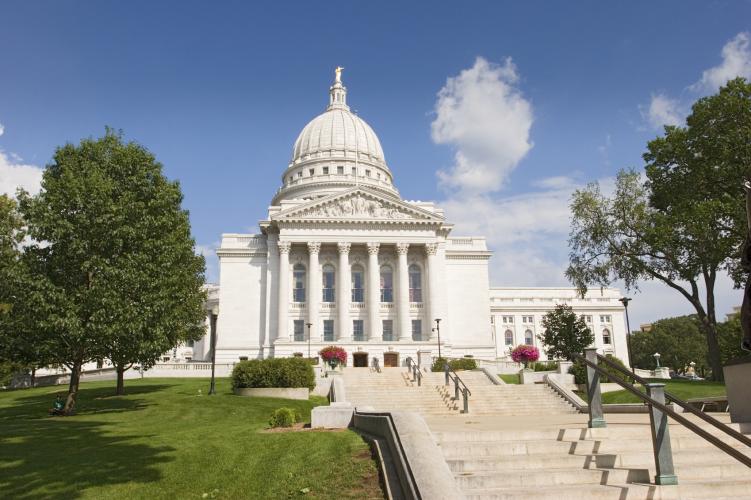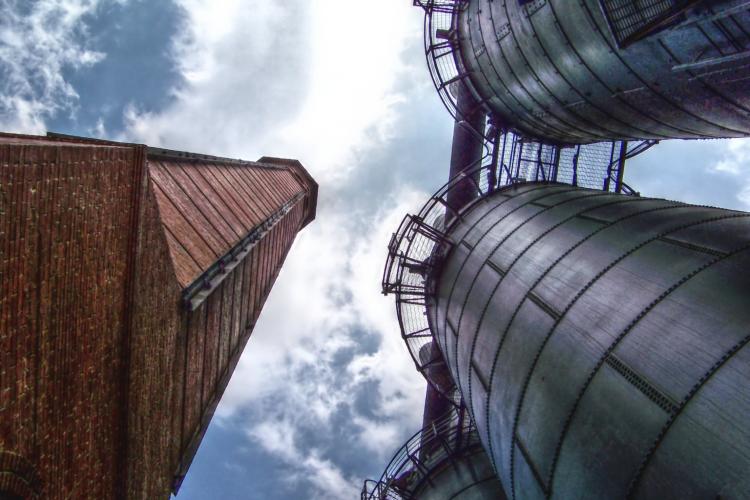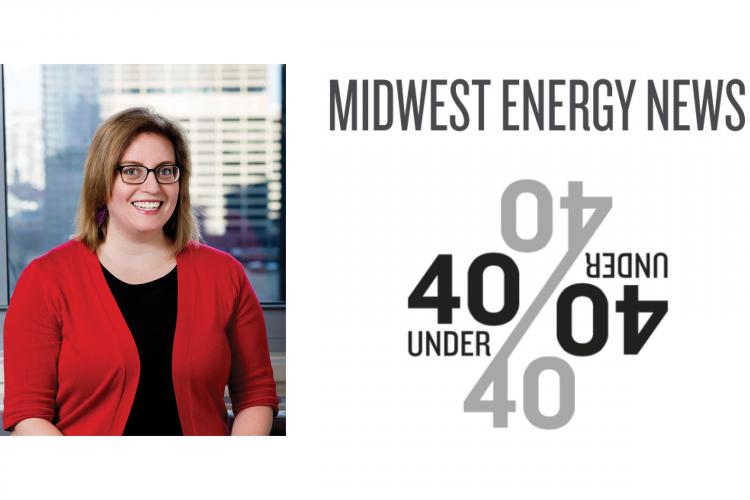Millions of Americans Struggle to Meet their Energy Needs – Efficiency Can Help
Nationwide, over 16 million households struggle to meet their heating, cooling and other energy needs, but energy efficiency is increasingly recognized as a potential solution to this problem. In 2018, Illinois, Michigan and Missouri began holding income qualified energy efficiency stakeholder collaboratives to strengthen program design and delivery for these communities. Throughout the Midwest, decision makers across the political spectrum recognize the value of low-income energy efficiency in helping families afford their basic energy needs.
